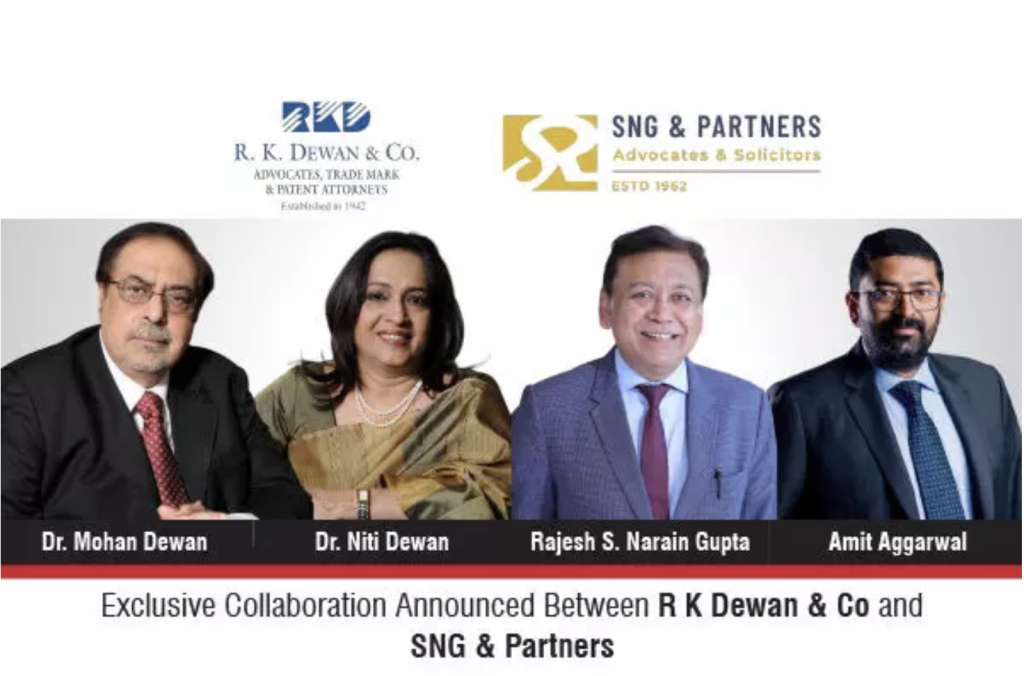The advent of Generative Artificial Intelligence (GenAI) is transforming legal profession with the law firms and corporate legal departments dipping their toes into the GenAI pool, experimenting with tools like ChatGPT and Microsoft’s Copilot.
There has been an intersection of law and technology that has transformed the legal landscape.
A survey by LexisNexis revealed that lawyers see this change on the horizon, despite the public launch of ChatGPT only a few months before the survey, nearly all lawyers surveyed are aware of generative AI tools, such as ChatGPT (89%), and two in five have used them for any purpose (41%).
The survey further stated that 77% of people believed that generative AI tools will increase the efficiency of lawyers, paralegals, or law clerks.
While adding that, about half of all lawyers anticipating significant transformation and 92 percent expecting some impact.
The law firms and corporate legal departments are dipping their toes into the GenAI pool, experimenting with tools like ChatGPT and Microsoft’s Copilot. This experimentation marks the beginning of a shift towards more deliberate planning and the establishment of policies for GenAI use.
A recent survey by Thomson Reuters Institute 2024, titled Generative AI in Professional services revealed that a large majority (81%) said GenAI can be applied to their work, while fewer (54%) said they believe GenAI should be applied to their work.
However, the survey acknowledges persistence of inaccuracy & worries related to privacy with more than half of respondents identified such worries as inaccurate responses (70%); data security (68%); privacy and confidentiality of data (62%); complying with laws and regulations (60%); and ethical and responsible usage (57%) as primary concerns for GenAI.
Kalindhi Bhatia, Partner at BTG Advaya, recognises the potential of GenAI, particularly in contract management. She highlights how GenAI simplifies the complexities of contracts, from monitoring and categorization to risk assessment and compliance. This technology streamlines processes, reducing the potential for errors and enhancing efficiency.
However, despite its promise, there are barriers to adoption. Lawyers, accustomed to traditional methods, may hesitate to embrace GenAI due to unfamiliarity and concerns over confidentiality. Moreover, GenAI is still in its early stages, requiring updates and improvements to address
issues like bias and limited understanding of legal nuances.
Anju Gandhi, a Partner at SNG & Partners, Advocates & Solicitors, sees the benefits of GenAI firsthand. She notes how it aids in contract analysis, improving tracking and compliance while reducing manual labor. Young advocates, in particular, benefit from its ability to streamline research and drafting tasks.
Yet, Anju acknowledges the challenges. GenAI isn’t a one-size-fits-all solution and must be used alongside traditional methods. Cost, evolving technology, and client confidentiality remain primary concerns, alongside the resistance to change among some legal professionals.
In this evolving landscape, the role of the advocate remains essential. While GenAI eases certain tasks, it doesn’t replace the human touch or the need for careful input. Lawyers navigate this new terrain by leveraging both GenAI and traditional methods, striving to achieve the
best outcomes for their clients.
As the technology continues to become more prominent in the public eye, it’s evident that the age of GenAI is upon us, and many professional services firms have proved not only willing, but ready to advance alongside the technology.



